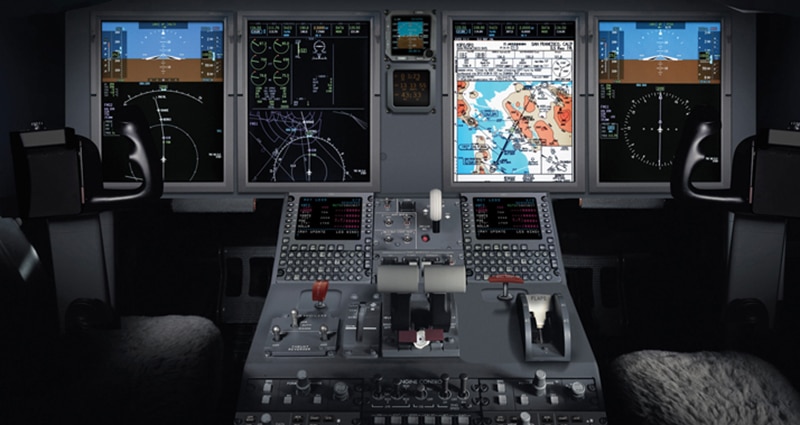Aren’t We All Professionals? The cult of self-esteem is getting people killed.

Recently, a pilot buddy in a position of authority shared a story of what occurred when he tried to provide constructive feedback to an airline captain following a rough flight. The captain did not welcome the unsolicited feedback and responded defensively, “C’mon now, aren’t we all professionals here?” My colleague countered, “Obviously, your definition (of professional) and mine are somewhat different.” My friend’s honesty and forthrightness probably hurt a few feelings, but hopefully saved a life at some point in the future.
Far too many fragile egos have been constructed over the past few decades by a cultural drift that has valued self esteem above true competence. In a society where every Little Leaguer gets a trophy and grade inflation has made over half the kids in many middle schools honor roll students, true excellence has been devalued to the point where few recognize it and fewer still think it is even important.
This situation results in a state of affairs where individuals in positions of immense responsibility (pilots, emergency responders, etc.) are left to “roll their own” when it comes to vague or nonexistent standards of professionalism, sometimes with tragic and irreversible results. In the aftermath of these often fatal events, the white flag of “the inevitability of human error” is typically hoisted. It need not be so, or at least not so often.
The ability to differentiate between levels of performance is one of the most telling attributes of an expert in any field. Some high performers intuitively develop this skill, but in the absence of agreed-upon standards, most are left to guess or debate words like excellence and professionalism as matters of opinion. Our industry simply cannot afford this type of political correctness.
In Praise of Elitism
Elitism has a place in aviation. There is nothing wrong with people who seek to stand above the crowd. I’m not talking about the egocentric jerks with self inflated egos, but rather the quietly confident expert who has earned the right to be considered in the top 1% of their respective field. If we hope to reverse the decline of professionalism we are witnessing in our industry, we will need more, not less, of this type to lead the way. The fact that most industries, including ours, haven’t (yet) defined the standards to identify this group does not alter the fact that these high performers exist. They are not known to the world, and may not hold prestigious positions of authority, but they are known to their peers.
Hard Opposition From the “Comfortably Mediocre”
While these elite intuitively grasp the nature of true expertise and voluntarily follow the path, the comfortably mediocre despise refined standards of performance. It doesn’t allow any wiggle room for claiming greatness through volume, job title or type rating.
When the NTSB added professionalism to their “Top Ten” list in June, it took less than a day for multiple bloggers to attack their ideas of “monitoring performance” and “holding pilots and air traffic controllers accountable.” I stand foursquare behind the NTSB and their efforts, but industry should drive the new standards and there is considerable work to be done before we can ask anyone to monitor or hold people accountable for acts of unprofessionalism. First, we must create and share new standards.
Standards measure with discrimination, standards rank order, and standards expose posers. In a world without shared standards of professionalism, everyone is free to stake their claim. Everyone gets a trophy. All the kids are on the honor roll. I’m OK, you’re OK—and the death toll rises.
So the tough question becomes, how can we begin to turn the ship of mediocrity toward higher levels of professionalism in a culture where it has been devalued for so long?
Six months before he was struck down by an assassin’s bullet, President John F. Kennedy told the 1962 graduating class at Yale, “We must move on from reassuring repetition of stale phrases to a new, difficult, but essential confrontation with reality.” Those of us in professional aviation would do well to heed this advice. To do so, we begin by challenging the assumption that “we are all professionals.”

Convergent Performance is uniquely dedicated to reducing human error in high risk environments.
http://www.convergentperformance.com/
© 2025 Convergent Performance. All Rights Reserved.
Next ArticleRelated Posts

Giving the Hazard Log the Attention It Deserves
Safety risk profile. Hazard log. Hazard risk register. Whatever you call it internally, one thing is clear: It is a fundamental requirement in your safety management system.

Leadership, Accountability and Your Organization’s Risk Profile
Recent media attention has cast light on the unusual number of aviation system-related accidents, incidents and near-misses that have plagued our industry over the past several months.

